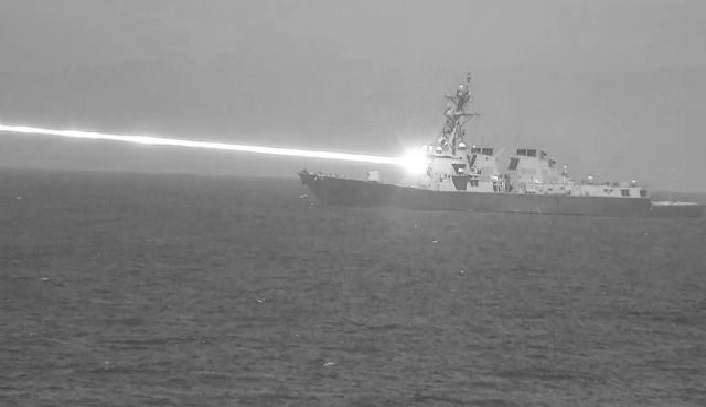Russia's Plan to Share Advanced Satellite Technology with North Korea : US Secretary of State Blinken

U.S. Secretary of State Antony Blinken recently highlighted a concerning development: Russia intends to provide advanced space and satellite technology to North Korea in exchange for its military support in Ukraine. This collaboration could significantly enhance North Korea's surveillance and reconnaissance capabilities, raising security concerns in East Asia and beyond.
North Korea's Current Satellite Capabilities
North Korea's first military reconnaissance satellite, the Malligyong-1, was successfully launched on November 21, 2023. The satellite operates in a sun-synchronous orbit at approximately 500 kilometers altitude, offering global optical imaging surveillance. However, the exact resolution of its imaging capabilities remains undisclosed.
Potential Enhancements from Russian Technology
Collaboration with Russia could lead to significant advancements in North Korea's satellite technology, potentially including:
-
High-Resolution Imaging: Access to superior Russian optics and imaging technology could enable North Korea to capture more detailed images, enhancing its intelligence-gathering capabilities.
-
Advanced Communication Systems: Incorporating Russian communication technologies could improve data transmission between satellites and ground stations, facilitating real-time intelligence sharing.
-
Enhanced Launch Vehicles: Russian expertise in rocket technology might assist North Korea in developing more reliable and capable launch vehicles, increasing the frequency and success rate of satellite deployments.
Implications of the Russia-North Korea Collaboration
This partnership has several potential consequences:
-
Regional Security Concerns: Enhanced surveillance capabilities could enable North Korea to monitor military activities in South Korea, Japan, and other neighboring countries more effectively, escalating regional tensions.
-
Violation of International Sanctions: Such technology transfers may contravene United Nations Security Council resolutions aimed at limiting North Korea's military advancements.
-
Strengthening Military Alliances: The exchange underscores deepening military cooperation between Russia and North Korea, which could alter geopolitical dynamics and challenge existing security frameworks.
Conclusion
The potential transfer of advanced satellite technology from Russia to North Korea represents a significant shift in the strategic landscape. It underscores the importance of monitoring such collaborations and assessing their implications for regional and global security.



